News & Commentary
The Story Behind the Police Email Project
A string of public records requests led us to discover Omaha Police were closely monitoring Black activists and allies. In Nebraska, the law protects our right to access most emails and other records written by government employees.
By Sam Petto
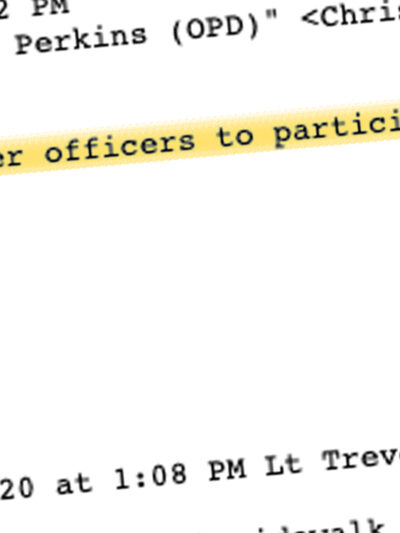
City Code Better Respects Protest Thanks to our Lawsuit
With a unanimous City Council vote and Mayor Jean Stothert’s signature, Omaha’s municipal code will now better protect the right to meet in public streets and parks to call for change.
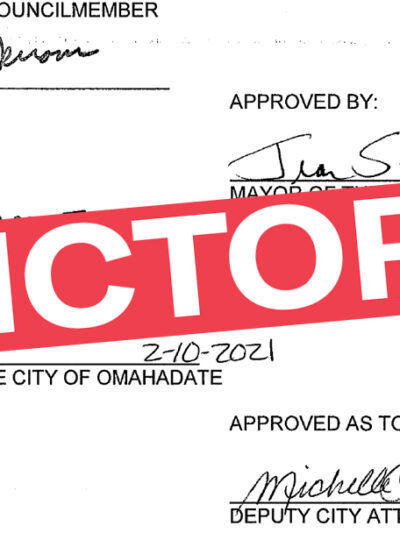
Celebrating That We Are Still Here
Kevin Abourezk is a journalist, vice chairman of the Lincoln Indian Center Board of Directors, and a friend of the ACLU of Nebraska. We invited him to share his perspective on the community dialogue about Thanksgiving's roots and he graciously agreed. Originally published in 2020, we are resharing it for 2021.
By Kevin Abourezk

Nebraska Needs These Police Reforms
The killing of George Floyd sparked outcry nationally and in Nebraska, adding new energy to calls for police reform.
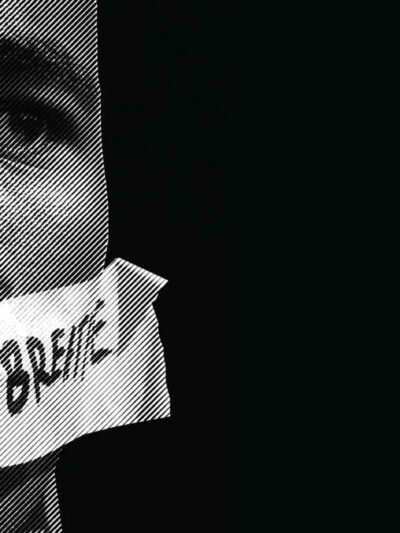
Celebrating Bravery on National Coming Out Day
On October 11th, members of the lesbian, gay, bisexual, transgender, and queer (LGBTQ) community celebrate National Coming Out Day. Founded 32 years ago, National Coming Out Day began rooted in the belief that when people live openly as an LGBTQ person, they help to dispel the fears and stereotypes that exist in their families and communities. Today, National Coming Out Day serves as both a celebration of the bravery that accompanies coming out of the closet and a recognition of the many who cannot safely live as their authentic selves.
By Sara Rips
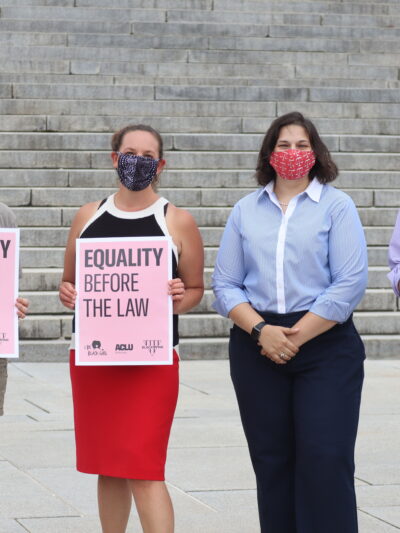
HUD's Proposed Rule Encourages Discrimination
In 2016, the Department of Housing and Urban Development enacted a rule titled “Equal Access in Accordance with an Individual's Gender Identity in Community Planning and Development Programs” (2016 Rule). In part, this rule mandated that temporary and emergency shelters that receive federal funding must allow transgender and gender non-conforming individuals to seek and obtain services from shelters and programs in accordance with their gender identity. The requires shelters to admit individuals based on self-identification as the only method of determining a person's sex.
By Sara Rips
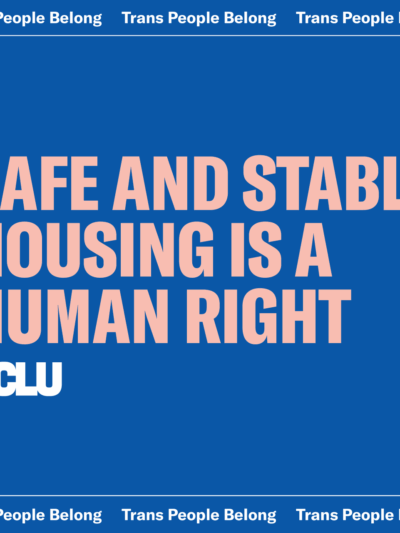
Prison Officials Must Reduce Reliance on Solitary Confinement
LINCOLN, Neb. - A new report shows prison officials have made modest progress in reducing their overreliance on solitary confinement, due to legislative reforms over the past few years. However, the Department of Corrections must do more to reduce their reliance on solitary confinement and instead focus their efforts on alternatives that lead to rehabilitation outcomes.
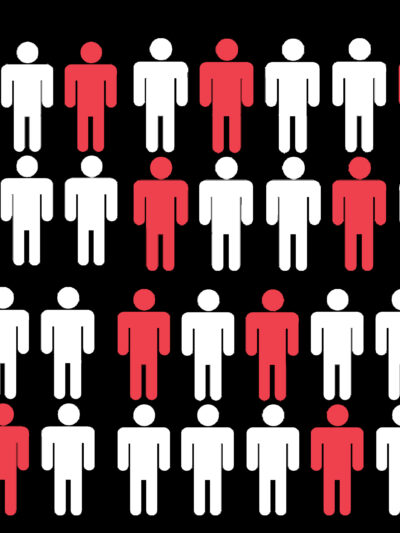
Honor Hispanic Heritage Month Through Action
On an average year, September 15th kicks off Hispanic Heritage Month with many celebratory festivals which include food, dances, and an overall sharing of our history and culture from Latin America and Spain. This year is different—this year we celebrate our culture through Zoom/Facetime calls to family, cooking up some of our incredibly delicious and savory dishes, listening to and watching Spanish language music and television, and attending socially-distanced get-togethers. And most importantly, we are caring for or mourning many of our family members and neighbors because just like the rest of the country, in Nebraska, Hispanics are one of the race/ethnicities hit the hardest by COVID-19.
By Rose Godinez
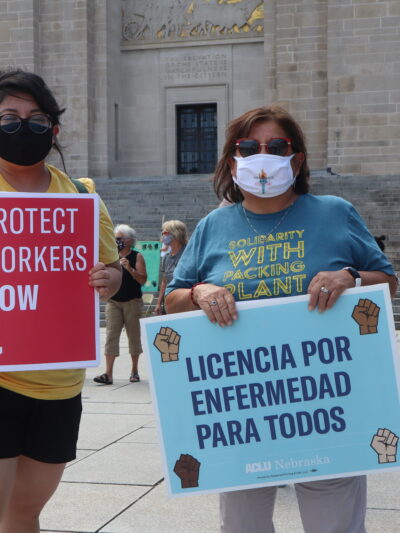
We Called for a Special Session
Along with Academy of Equity, Black and Pink, Black Leaders Movement, Change Now, Change of Omaha, Educators for Black Lives, I Be Black Girl, the Lincoln Branch of the NAACP, and the UNL Black Student Union, the ACLU of Nebraska issued an Aug. 17 public call for the Nebraska Legislature to reconvene for a special session dedicated to police reform and racial justice. More organizations have signed on since.
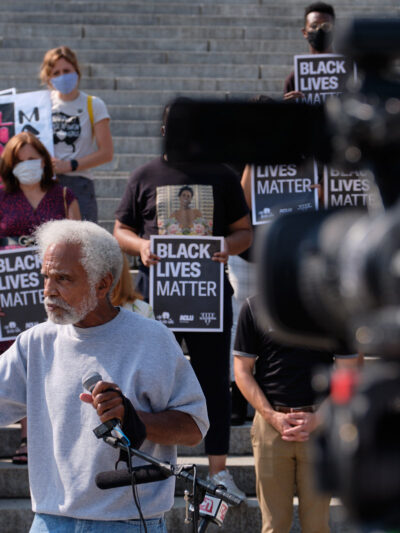
Stay Informed
Sign up to be the first to hear about how to take action.
By completing this form, I agree to receive occasional emails per the terms of the ACLU’s privacy statement.
By completing this form, I agree to receive occasional emails per the terms of the ACLU’s privacy statement.
